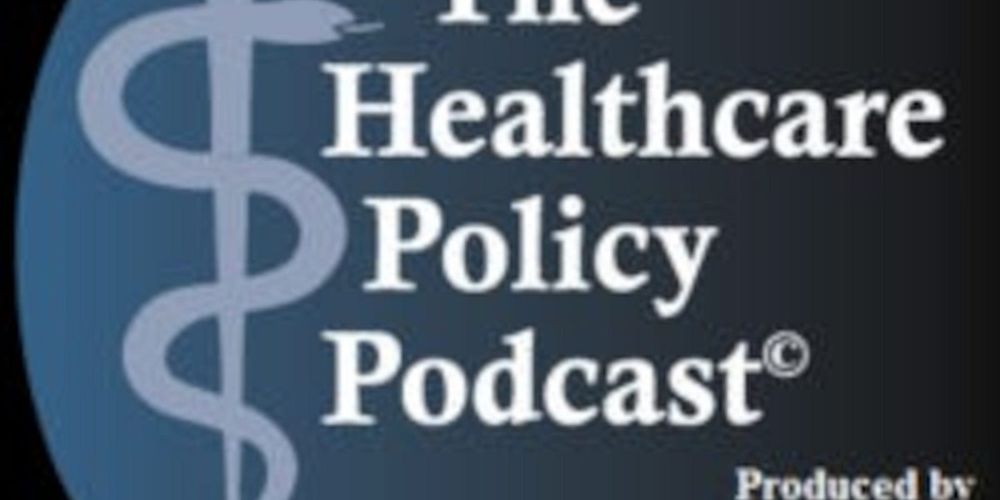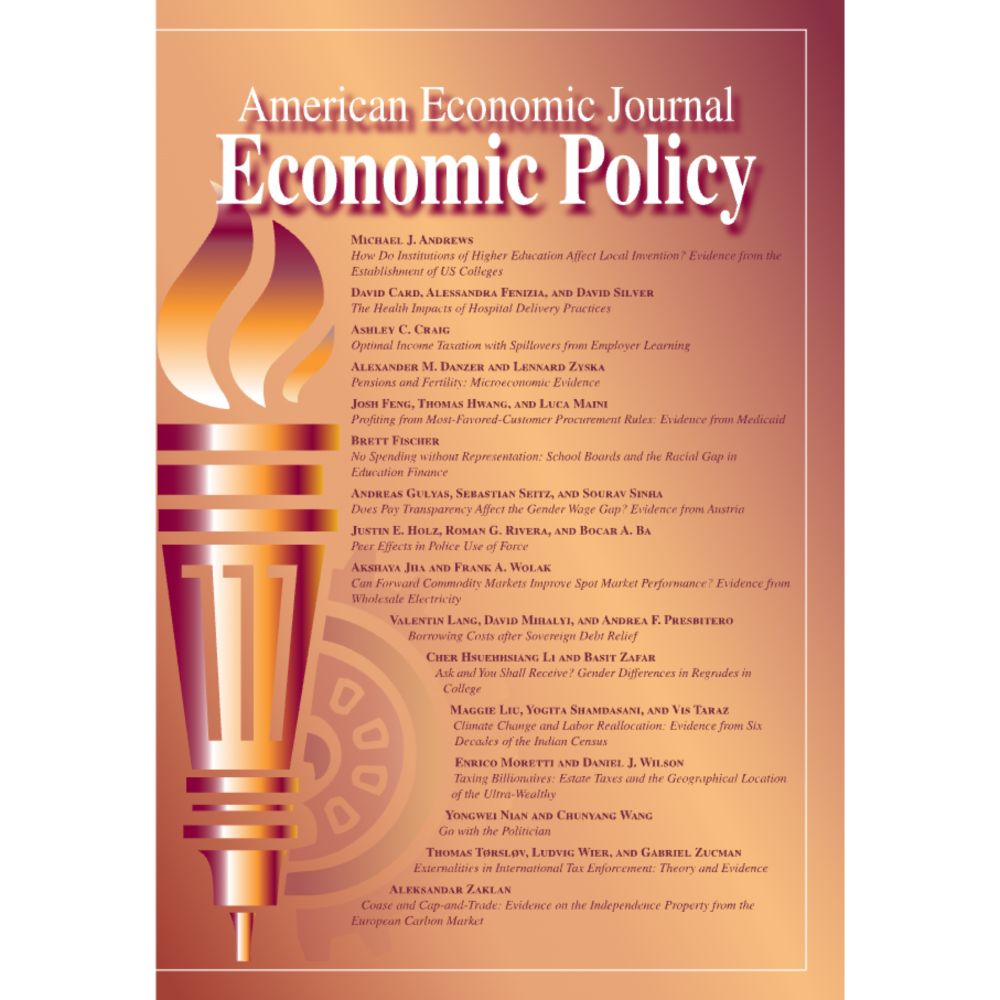Atheendar Venkataramani
@atheendar.bsky.social
5.3K followers
870 following
370 posts
Physician and health economist.
@oppforhealthlab.bsky.social
Posts
Media
Videos
Starter Packs
Reposted by Atheendar Venkataramani
Reposted by Atheendar Venkataramani
Reposted by Atheendar Venkataramani
Reposted by Atheendar Venkataramani
Reposted by Atheendar Venkataramani
Reposted by Atheendar Venkataramani
Reposted by Atheendar Venkataramani








